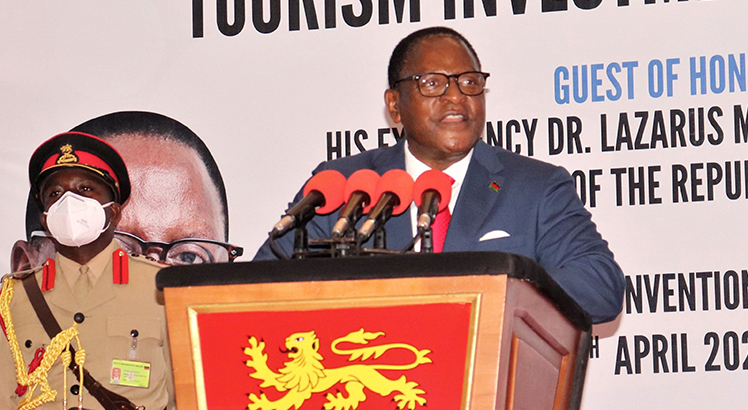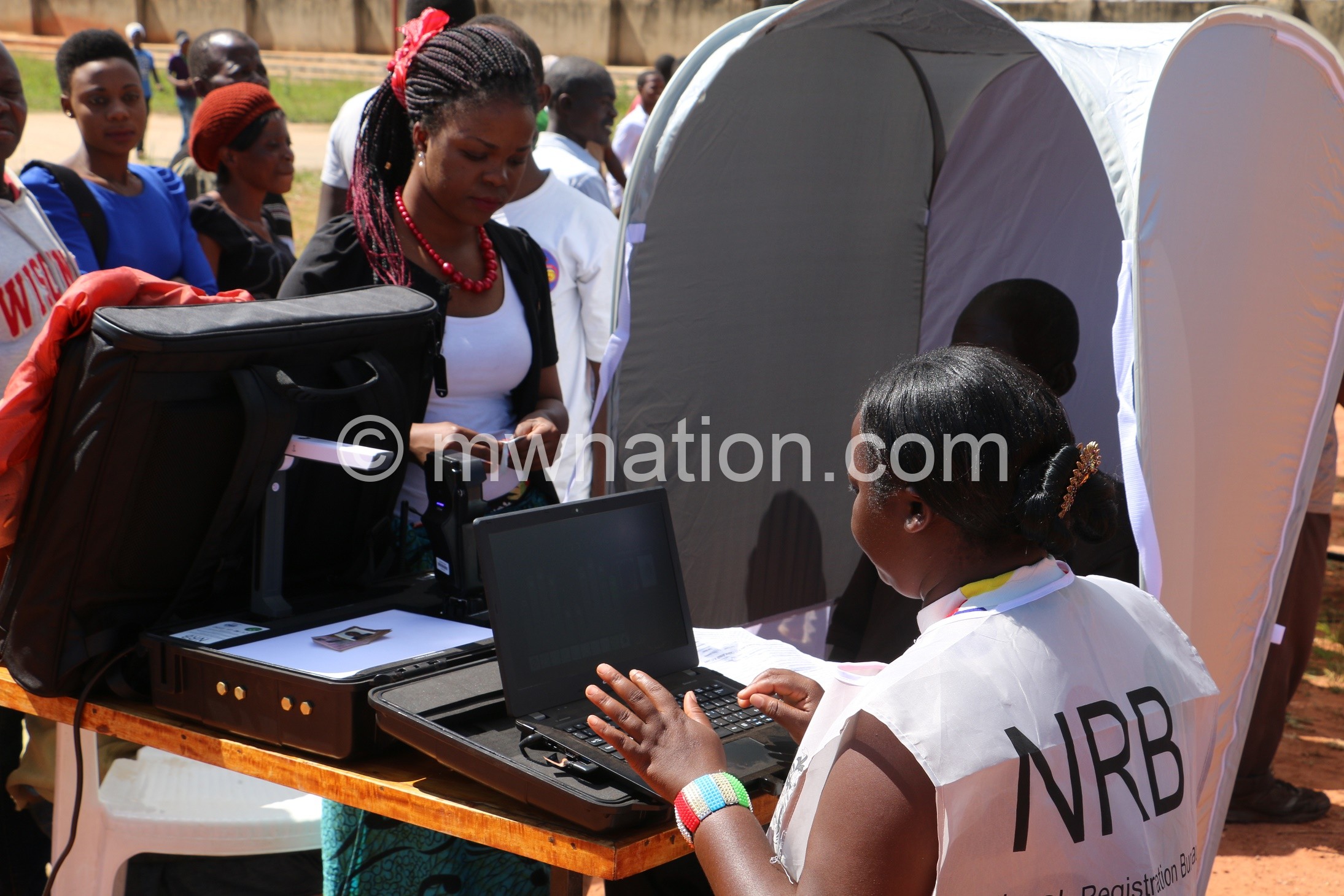Tourism plan excites players, economists
Players in the tourism industry have hailed the newly launched 20-year National Tourism Investment Masterplan as a potential game changer that can grow the economy if the paperwork is translated into action.
Malawi Tourism Council (MTC) board chairperson Johns Malili said in an interview yesterday that the plan, which President Lazarus Chakwera launched in Lilongwe yesterday, was exciting to private sector investors because it is an opportunity for them under the Public Private Partnership (PPP) arrangement.

He said one exciting aspect was that the plan has involved local councils and communities, an arrangement he said will inculcate the spirit of ownership of the designed projects.
Said Malili: “The plan is attainable. Most of the projects which account for about 70 percent involve the private sector and we will see an increase in investments.
“We will see more local investors participating and more jobs created. Once the projects are completed, we will see increased gross domestic product from the tourism industry.”
He also said some big projects in the plan will be implemented under a concession arrangement which gives the private sector to tap into the opportunities.
On the risks towards the success of the plan, Malili pointed at the global economic challenges leading to foreign exchange shortages in the country and a surge in prices which will double the estimated budgets in the plan.
In a separate interview yesterday, National Planning Commission (NPC)director general Thomas Chataghalala Munthali said the National Tourism Investment Masterplan is timely after the launch of the MW2063 and the MW2063 First 10-Year Implementation Plan (MIP-1).
He called for the need to operationalise the tourism goals with definite projects.
Said Munthali: “This plan has around 104 projects with 10 of them already being moved to feasibility stage. This is what is needed. We need to talk in concrete terms.
“Now the task is to have all the relevant bodies like NPC, Malawi Investiment and Trade Centre, Public Private Partnership Commission and Ministry of Tourism itself joining hands with the private sector in getting resources beyond Treasury to operationalise these high-impact and self-sustaining projects.”
On his part, Mzuzu University tourism lecturer at the Faculty of Tourism, Hospitality and Management, Geoffrey Makhumbo Mhango, said in the absence of the plan, there has been no vision for the industry in terms of how to maximise its potential.
He said investments have been implemented in an ad-hoc manner, lacking some synergy and coherent in the development agenda.
Mhango said: “You have seen that some tourism investments and products have been implemented and developed in wrong areas because there hasn’t been any plan.
“We have failed to attract tangible investments because some insignificant projects have been developed in very prime areas. With the coming of the plan, the sector will be guided and plan when and where to do certain things.”
Speaking during the launch of the $663 million (about K544 billion) plan to be implemented largely under PPP arrangement, the President said it was a good thing that the country’s long-term developmemt strategy, Malawi 2063, prioritises the development of tourism as a catalyst for realising the country’s economic development agenda.
He said: “But a compelling vision without a plan is nothing more than a pipe-dream, and this is why the completion of this tourism masterplan is a major milestone for our country.
“The economic potential of our tourism industry is well recognised around the world, and this should come as no surprise.”
In his remarks, Minister of Tourism, Culture and Wildlife Michael Usi said for the plan to succeed, it will take positive attitude of civil servants towards government projects.
He, therefore, called on civil servants to embrace and support the plan.
The plan has 10 key regional projects, four in the North and three each in the Central and Southern regions, which government believes once implemented, will greatly boost the tourism industry and transform the economy.
Additional reporting by GEORGE SINGINI,
Staff Reporter





